Top 10 Historians of All Time: People that You Didn’t Know You Knew
By: Jose Rivas

You may know books, movies or historical periods; but do you know about the people working behind these productions and investigations?
Here are the Top 10 Historians of All Time…
We all know history. Regardless of our country, we’ve perceived it in some way or another. Whether it’s through a class, or a college course, or even through a story that our family tells us, we’ve all been part of it and have seen it.
However, as a science, it doesn’t always receive the appreciation that some feel towards it. It’s hard to name a famous historian; sometimes, it is even hard to name a historical period. That’s why we’re bringing a list of 10 of our favourite historians.
Some of these have written books that you may know, or maybe they work at a college or university close to you. Regardless, we hope you find some inspiration or curiosity in the list:
1. David Christian
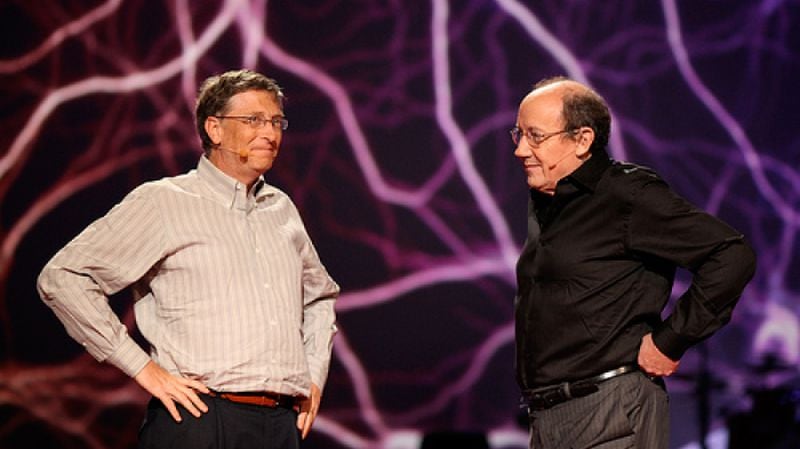
The first person on this list of top 10 historians of all time undoubtedly had to be David Christian. His full name is David Gilbert Christian. He was born in New York, Brooklyn, in 1946. He completed his Bachelor of Arts degree at Oxford University. After this, he got his Master of Arts degree in Russian history. The University of Western Ontario was the one in charge of this title. His last title was a Russian history doctorate from Oxford University again.
As his degree implies, his research focused on Russian studies. However, over time, he moved into human history writ later on. One of his most interesting takes was that he incorporated elements and knowledge of astronomy, anthropology, biology, and cosmology into his research. He even called this field Big History.
The field even had a course. It consisted of explaining world history from a multidisciplinary standpoint. Christian used the assistance of scholars from different areas as well to help with his classes. This is probably the most notorious reason he’s part of our top 10 historians of all-time list.
His Big History Project was founded by Bill Gates. The initiative aimed to teach high school students in Australia and United States how to look into human history from an anthropological and biological point of view. Gates presented him and the project during his TED talk in 2011.
Christian has won several awards as well. He won the World History Association Book Prize in 2005 thanks to his book, Maps of Time. As well as a Distinguished Professor honours in 2014 because of his work at Macquarie University.
The previously mentioned Maps of Time, just as the Christian-Gates initiative, introduces the reader to a new way of looking at history. The book starts with the Big Bang and explores the interaction of the natural world with the live beings on the planet.
2. Yuval Noah Harari

Yuval Noah Harari was born in 1976. in Israel, Kiryat Ata. At Oxford University, he earned his doctorate. More specifically, in Jesus College. His speciality was the study of medieval and military history.
Early in his career, he focused on the influence of military engagement in human history. However, Sapiens: A Brief History of Humankind and Homo Deus: A Brief History of Tomorrow, later works, is better known by the general public.
A more recent work of his has been his 21 Lessons for the 21st Century. It explains the influence and the implications of technology throughout human history.
In this last book, he presents some interesting thoughts and predictions; an example of these is that by 2050, unemployment will have reach a point where we humans will be unemployable due to automation, a problem that leads him to suggest the idea of Universal Income.
Another thought of his expands on the idea of free will. He explains that the concept of free will is an imaginary one because the freedom we feel is a constructed one.
With this, he means that our individual freedoms are tied to external agents such as our upbringing, the environment, biology, and conditioning. To put it in simpler words, a person born and raised in the United States may have a different concept of individual freedom than someone raised in any other country.
His out-of-the-box ideas earn him a place in our top 10 historians of all time.
3. Barbara Engelking

She received her M.A in psychology from the University of Warsaw. Later on, she received her doctorate in sociology from the Polish Academy of Sciences.
Barbara Engelking is the founder of the Polish Center for Holocaust Research. Currently, she’s a practising sociologist, author, and editor.
As her institution implies, one of her main focuses is the Holocaust. She has been active in the research and the education on the matter of non-Germans, and their role during the persecution that Jews faced during this period of time.
She’s been part of some controversy. Some critics say that her characterization of the actions and intentions of certain individuals listed in her works present inconsistencies. However, thanks to her nuance and research works, she has given life to aspects of the Polish and Jewish experiences during the Holocaust that was hidden before.
It’s the attention to detail that has allowed her to respond so well to criticism, the reason why she has earned a space in our top 10 historians of all time.
Some other recognitions have been her role as chair of Poland’s International Auschwitz Council since 2014 and her role as part of the Ina Levine Invitational Scholar at the United States Holocaust Memorial Museum’s Mandel Center.
4. Simon Schama
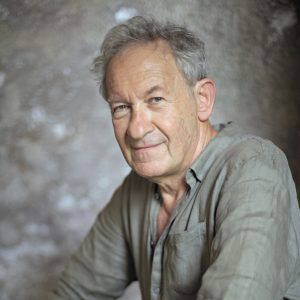
Born in London, Marylebone, in 1945. Sir Simon Michael Schama has written around 20 books throughout his career, and, currently, he works as a professor of History and Art History at Columbia University. He was also the host of a BBC series called “A History of Britain,” which aired for 2 years.
He has been awarded several times as well. The first time was in 1977, with the Wolfson History Prize. He won this recognition because of his book Patriots and Liberators.
More recently, he was elected as a Fellow of the Royal Society of Literature. This title has been given to people suck as J.R.R. Tolkien (the author of The Lord of the Rings), George Bernard Shaw (who wrote books such as Man and Superman), and Margaret Atwood (most famous because of her book, A Handmaid’s Tale).
Another of his works with BBC was The Story of the Jews. This series was very much acclaimed. It represents the ending of Schama’s research about 4,000 years of Jewish history.
Part of the reason why his books and series have been his skill as a storyteller. This ability has allowed him to bring history to life for the readers and viewers.
There’s an infinite list of specializations that historians may choose from. Sometimes, they invent reinvent their craft with new approaches such as Big History.
5. Timothy Snyder

Timothy David Snyder was born in 1969 in Ohio, United States. His first degree was a Bachelor of Arts, with an emphasis in history and political science. He studied at Brown University, and for his Doctorate, he was awarded a PhD in Modern History by the University of Oxford.
In his works, his main focus is the research of the history of Eastern Europe. One of the reasons why this is interesting is because of his knowledge of languages. He can read and speak eleven European languages, including German, Slovak, and Russian.
These language skills have allowed him, through his career and projects, to access primary sources. This means that he can avoid translation or comprehension mistakes by reading in the paper’s native tongues.
He’s also a writer with 5 books of experience. His most recent publication was The Road to Unfreedom: Russia, Europe, America, in 2018. In addition to this, he has received several awards, such as the Estonian Order of the Cross of Terra Mariana Class III, given by the Estonian president to foreigners that provide an exceptional service to this country.
Some of his most known positions are the ones about Russia and United States. Most recently, he has been an outspoken critic of Vladimir Putin and Donald Trump. He has given his points of view and explained his concern on topics such as authoritarianism and fascism.
His boldness and critical thinking are what has earned him his place in our top 10 historians of all-time list.
6. Henry Reynolds
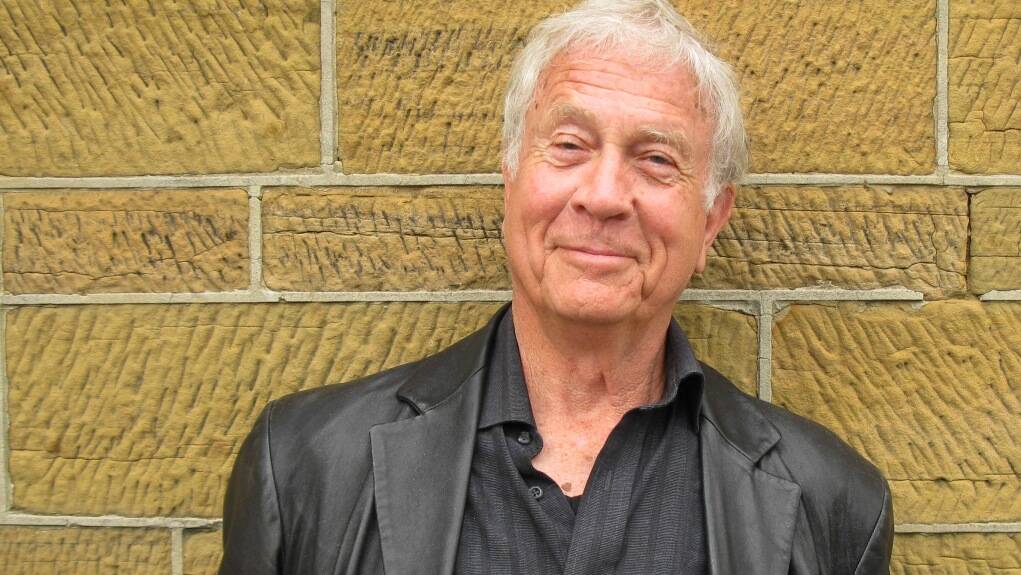
Born in Australia, 1938, he is a historian and researcher. He received a Bachelor in Arts and a Masters in Arts at the University of Tasmania. Later, he received his doctorate at James Cook University. The study of European Australian and Indigenous Australian conflicts has been his main focus of study.
He started his professional career in Australia and England, teaching secondary schools. It all changed for him when the Townsville University College asked him to create the Australian History program. After creating it, he kept working there as a teacher until his retirement. He kept working, however, as a fellow of the University of Tasmania.
His main focus of work has been the study of aboriginal Australian people. He{s also known because of his friendship with Edward Koiki Mabo, an indigenous Australian man known for his activism towards land rights and the overturn of the legal doctrine of terra nullius.
This last milestone allowed Aboriginal Australians to own and use the land on which their families had lived for millennia. Reynolds stated that his friendship with Koiki Mabo opened his eyes to indigenous communities’ issues and challenges.
Henry Reynolds has been awarded as well. The Ernest Scott Historical Prize was given to him., this is a prize given annually for distinguished contributions to the history of Australia or New Zealand. Other recognitions have been the Human Rights and Equal Opportunity Commission Arts Award and an Australian Book Council Award.
7. Anthony Grafton
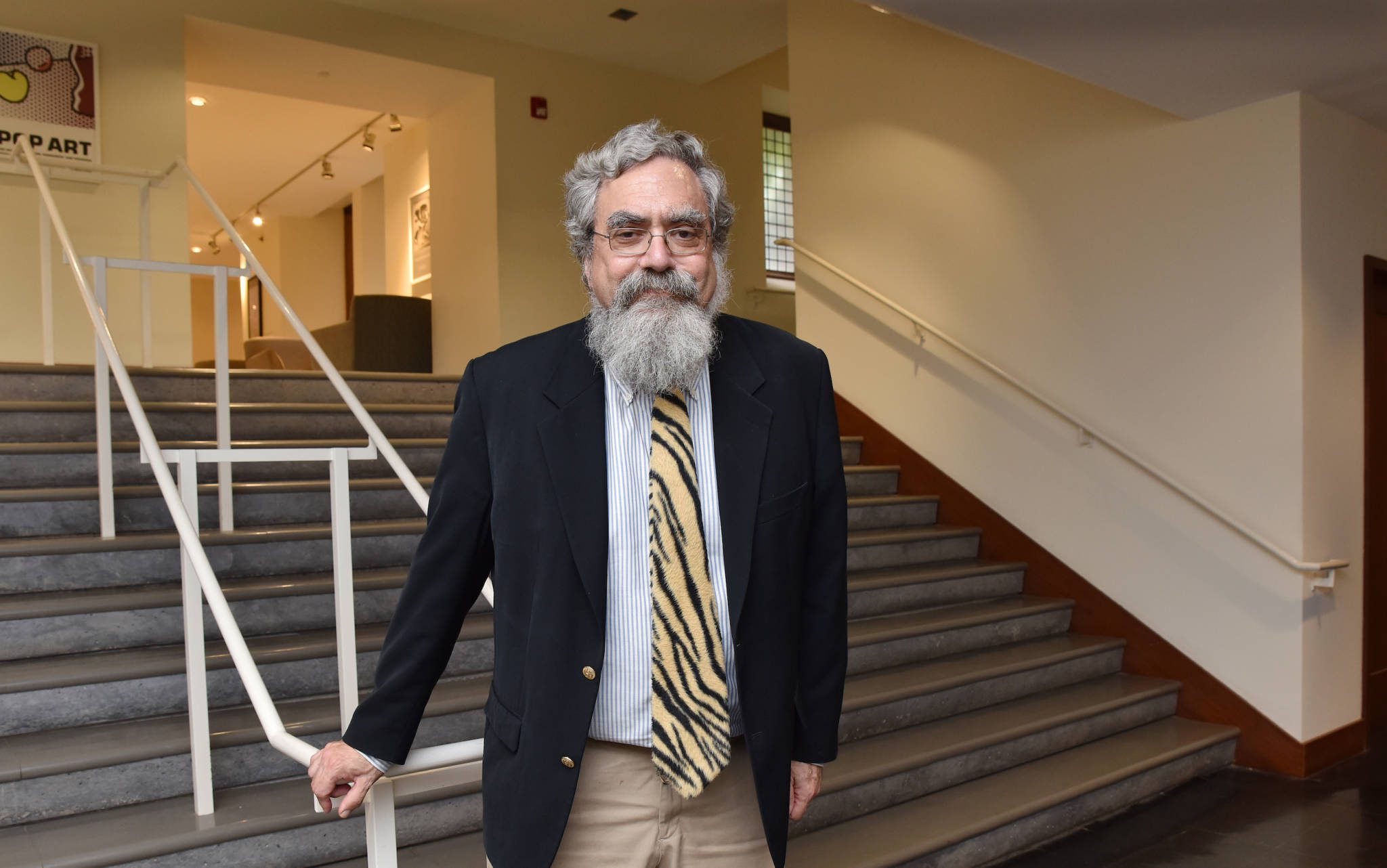
Anthony Grafton, born in 1950 in the United States. He is currently a professor at Princeton University and a corresponding fellow of the British Academy.
He received a Bachelor in Arts for history and later a Master of Arts from the University of Chicago. For his doctorate, he studied for some time at the University College in London but later returned to Chicago to finish his degree.
His main focus has been the study of history from the classical era to the Renaissance. But more than that, he’s known for his methodology. Besides the chronological study of events, his approach consists of the analysis of how history has been recorded and understood.
Additionally, his most famous work is The Footnote: A Curious History. This book attempts to understand the history of history, using a novel to make the narration.
A recent milestone happened in 2011 when he delivered the Sigmund H. Danziger, Jr. Memorial Lecture. This is an annual honorary bestowed upon someone who has made important contributions to the analysis of classical literature or has been skilled at inspiring appreciation for this type of literature.
8. Marnie Hughes-Warrington
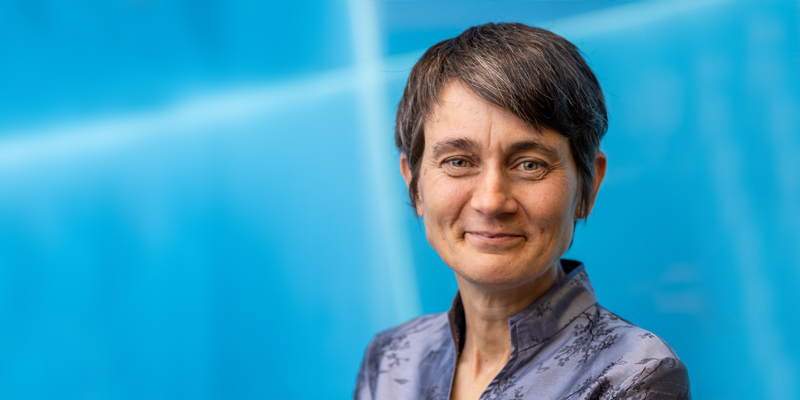
Born in 1970 in Victoria but raised in Tasmania, Australia. She studied Philosophy and History at the University of Tasmania. Her professional career started teaching; some of the institutions where she has worked have been the University of Oxford, Macquarie University, University of Washington, Leipzig University, and Harvard University.
In Tasmania, she received a bachelor of education degree, focusing on philosophy and history. She became a Rhodes Scholar, and later, she studied to earn a doctorate in philosophy at Merton College in Oxford.
More recently, she started working at the Australian National University as a Deputy Vice-Chancellor and Research and Enterprise at the University of South Australia.
She has received several awards as well. One of these is the Australian Prime Minister’s Award for University Teacher of the Year, in 2008. This award is given to teachers that show excellence in learning and teaching.
That same year, she received the Teaching Excellence Award in Humanities and the Arts by the Australian Learning and Teaching Council. Later in 2013, she was honoured with the University of Tasmania Foundation’s Graduate of the Year Award.
She has been the author of seven books, such as History as Wonder: Beginning with Historiography, her most recent one. And one of her most interesting points of focus is the relationship between the scales of history and ethics.
9. Eric Foner
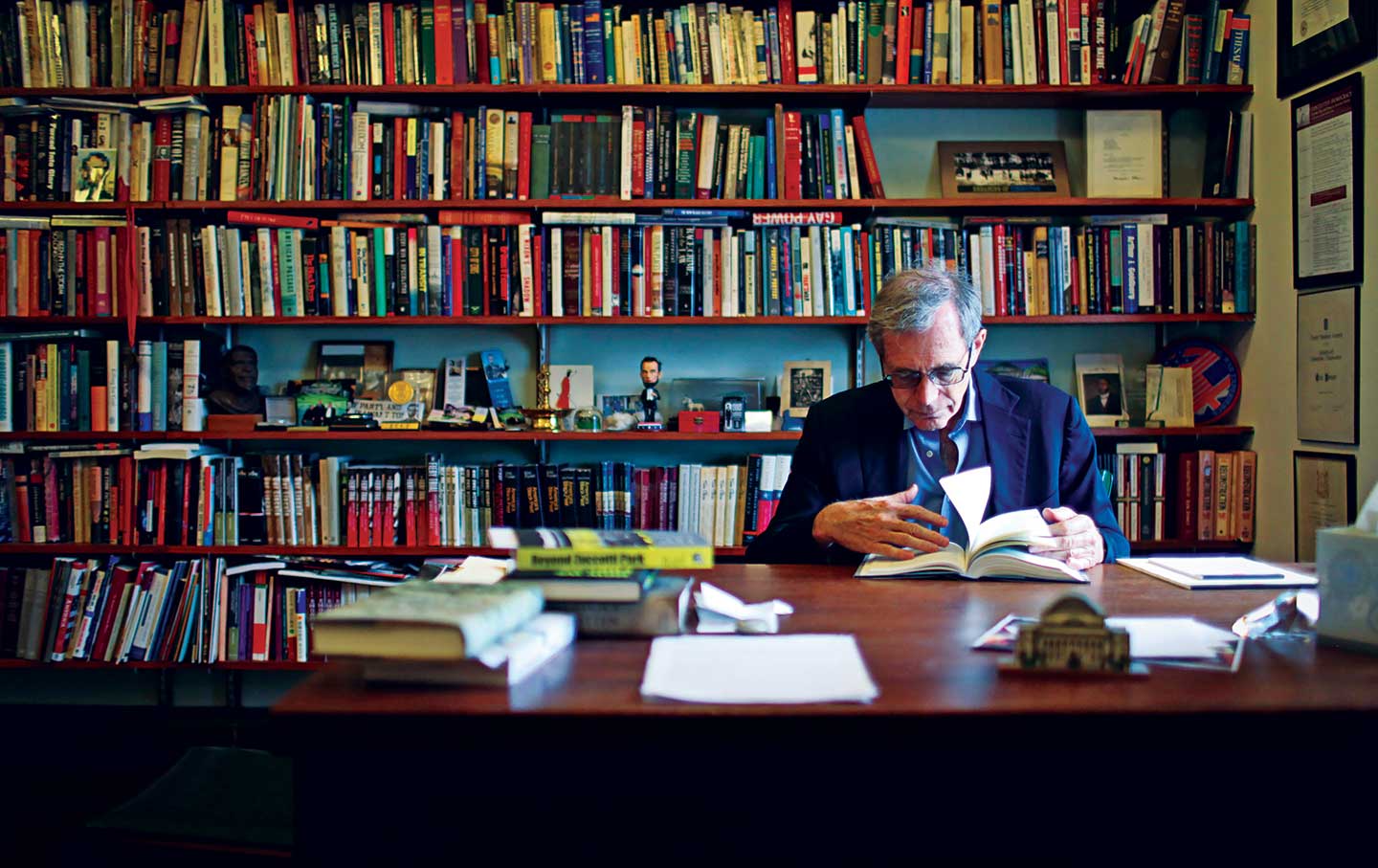
Born in New York City in 1943. Initially, he studied at Columbia University, looking forward to a degree in physics. However, he later changed his mind, changed majors, and got his Bachelor in Arts in history. Later, in 1969, He received his doctorate in the same university.
His main focus, and what he’s most known for, is being an expert in the Civil War. He has worked on the reconstruction period after the war. He has been very much claimed for his writings on the topic.
His most known book is The Fiery Trial: Abraham Lincoln and American Slavery; it won the Lincoln Prize, recognition given to the best work in English on Abraham Lincoln. The book was also awarded the Pulitzer Prize for history.
He has credited his father in the past with the inspiration that he gave him, along with his passion for history and the curiosity that led him to try different focus points on his works; both of these are traits that we consider make him one of our top 10 historians of all time.
He has researched other topics have been African American history, Civil War/Reconstruction, political history, and historiography.
As a historian, you have the responsibility of showing the good and bad side of history. Sometimes this adds up to controversy, but sometimes, it makes up for great books and works.
10. Dipesh Chakrabarty

Born in Calcutta in 1948. He first earned an undergraduate degree in physics at Presidency College at the University of Calcutta. After his first degree, he moved on to his Master of Business Administration degree from the Indian Instituter of Management in Calcutta. And, finally, he then focused on getting his doctorate in history from the Australian National University.
He is currently the Lawrence A. Kimpton Distinguished Service Professor of History at the University of Chicago.
He’s most known for his contributions to postcolonial theory and subaltern studies. Within this study area, he focuses on the intersections between history, colonialism, postcolonialism, historicism, and nationalism.
His most recent work is The Climate Of History In A Planetary Age. The book makes for an excellent read on climate change. He explains that it upends long-standing ideas of history, modernity, and globalization.
He clarifies that to tackle the climate crisis, it’s important to decentralize the problem and make it less around the globe and more about the planet. Because of the importance of the situation nowadays, he is one of our top 10 historians of all time.
Similar Posts you might like –
MOST INFLUENTIAL ARTISTS OF ALL TIME: ARTISTS WHO COULD MAKE THE LIST. Click here to read the full article.
THE INTERACTION BETWEEN SELF GROWTH AND PERSONALITY DEVELOPMENT. Click here to read the full article.
Tags: Anthony Grafton, Barbara Engelking, David Christian, Dipesh Chakrabarty, Eric Foner, Henry Reynolds, Historical, History, Marnie Hughes-Warrington, Simon Schama, Timothy Snyder, Top 10 historians, Yuval Noah Harai,









